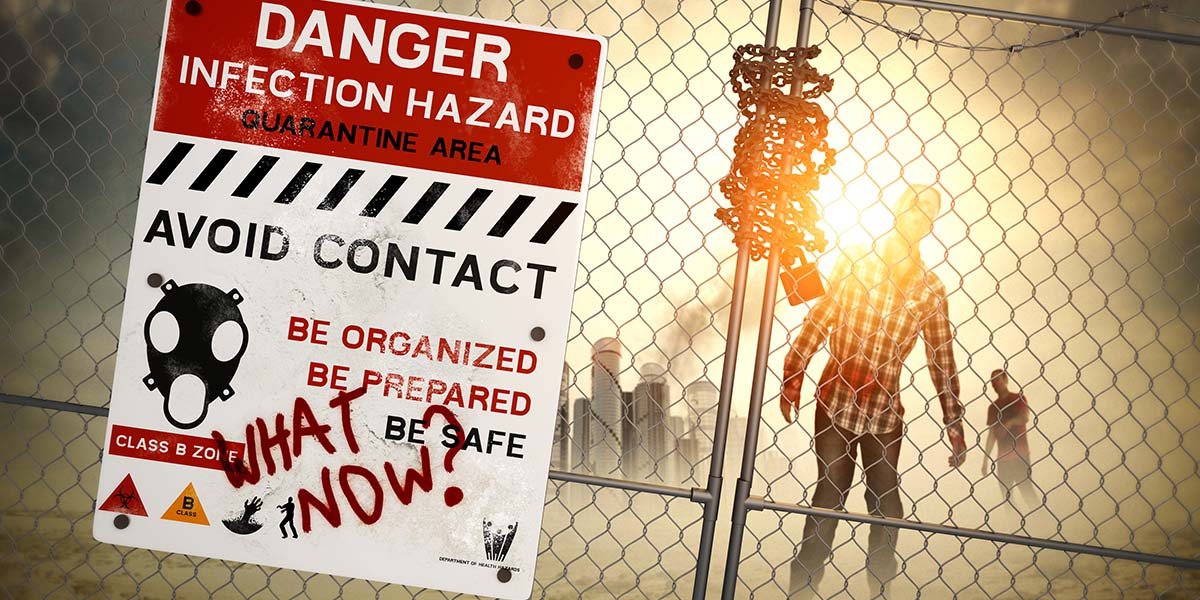The power grid is down, no Internet, no cellular, and no landline communications, and killer zombies are on the loose. Now what? Well, let’s replace the zombie attack with a hurricane, tornado, or earthquake. Is that any better? Could you make do? Could you leverage your skills in electronics to call for help, cook and preserve your food, and provide light?
One of my favorite activities related to ham radio is ARRL Field Day. Once a year, hams throughout the US set up a tent or other temporary structure and — using solar power or gasoline powered generators — cook, have lights, perhaps an electric cooler or two, and of course communicate with each other. The goal of Field Day is to test every ham’s preparedness and ability to function in the event of a natural or manmade disaster.
So, let’s say you have an electric generator in your basement and perhaps a portable bank of solar cells. Can you change the points in the generator? Adjust the carburetor? Do you know how to ground the system? What about load distribution? Do you have the equipment and know-how to combine the output of your solar panel and gasoline powered generator?
What about electrical repairs to radios, vehicles, and other electrical equipment? Do you have a butane powered torch or soldering iron so that you can work without 120 VAC? Do you have spare parts? If your basement pump fails, do you have the parts and know-how to fix it? What if someone in your group gets a nasty shock because of a ground fault or other problem with the emergency electrical system? Do you know how to administer CPR?
Let’s say your friendly neighborhood nuclear power station has an event. Do you have a Geiger counter and do you know how to use it? Do you know how to clean the probe if it becomes contaminated? Do you know how to use your Geiger counter to distinguish between the different types of radiation?
The bottom line is that you should be ready for anything — from angry aliens to mudslides. Plan ahead now, while you have time to think things through. What’s the most likely scenario (hopefully not zombies)? What skills should you have? What equipment do you need to have on hand? Clearly, if you live on the Gulf coast, you’ll need to consider a scenario dominated by hurricanes. If you’re in the Bay area, then the aftermath of earthquakes deserves your attention.
As an electronics enthusiast, you have a vast skill set that lends itself to recovering from any number of disasters, but you have to plan ahead and practice those skills so that you can bring them to bear when they’re needed. If you’re a ham, don’t forget the annual ARRL Field Day, held every fourth weekend in June.
If you’re not a ham, then consider practicing your skills within the context of a club, neighborhood group, local Civil Defense, or other group. You could practice on your own, but my Field Day experiences taught me that competition is the best way to sharpen emergency response skills. NV

